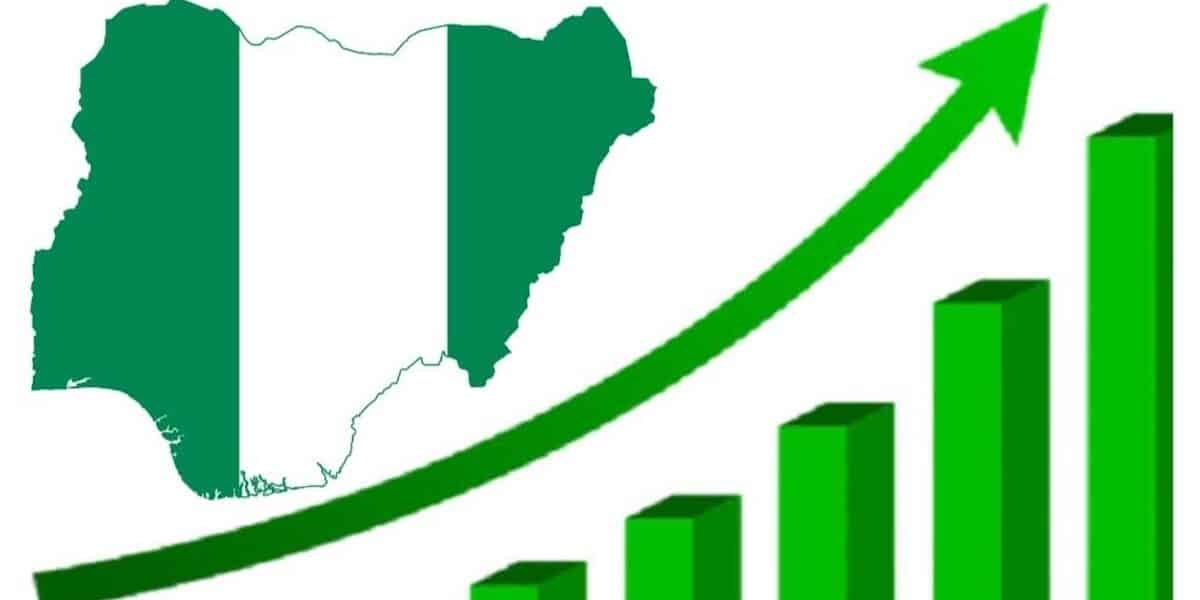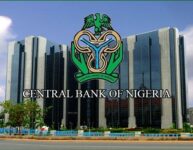Nigeria’s economy grows by 3.84% in Q4 2024, driven by non-oil sector

Nigeria’s domestic economy recorded significant growth in Q4 2024, expanding by 3.84% to reach N22.61 trillion, according to the latest Central Bank of Nigeria (CBN) Economic Report.
The non-oil sector was the primary driver of this expansion, particularly the financial and insurance subsector, alongside information and communication, transportation, storage, crop production, and trade.
Oil sector growth slows amid declining crude prices
The oil sector recorded a slower growth rate of 1.48% year-on-year, compared to 3.96% in the non-oil sector. This decline was primarily due to a drop in the price of Nigeria’s Bonny Light crude, which fell from $82.23 per barrel in Q3 to $75.66 per barrel in Q4 of 2024.
However, an increase in crude oil production from 1.33 million barrels per day (mbpd) to 1.43 mbpd helped cushion the slowdown, with the oil sector contributing 0.07 percentage points to total GDP growth.
Non-oil sector drives economic expansion
The non-oil sector continued its strong performance, growing at 3.96%, up from 3.37% in Q3 2024, and contributing 3.77 percentage points to overall economic growth.
The financial and insurance sector played a crucial role, benefiting from:
- Increased financial technology adoption
- Higher banking penetration
- Increased investment inflows into capital markets
Similarly, the information and communication sector grew due to the expansion of digital services and increased internet penetration.
The transportation and storage sector also expanded, driven by:
- Increased logistics activities
- Enhanced trade facilitation
- Government investment in infrastructure
Meanwhile, crop production remained robust, supported by favourable weather conditions and sustained government agricultural initiatives.
Challenges and economic outlook
Despite the positive trajectory, the electricity, gas, steam, and air conditioning subsector contracted by 5.05%, mainly due to:
- Higher electricity tariffs
- Ongoing grid maintenance
- A shift towards alternative energy sources
Analysts suggest that addressing infrastructure deficits and enhancing power generation capacity will be crucial for sustaining long-term economic growth.
The CBN projects further expansion in 2025, supported by:
- Policy interventions in key sectors
- Improved investor confidence
- Exchange rate stability
However, external risks such as fluctuating global crude oil prices and inflationary pressures could pose challenges to the country’s growth momentum.









